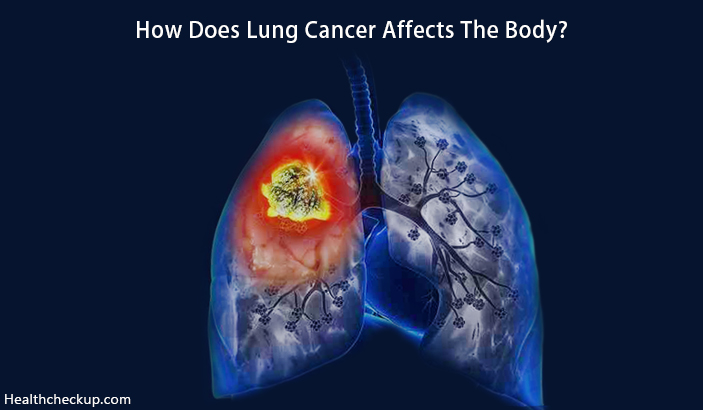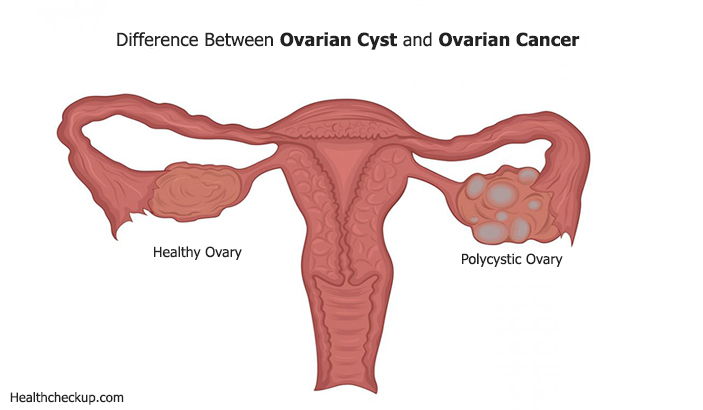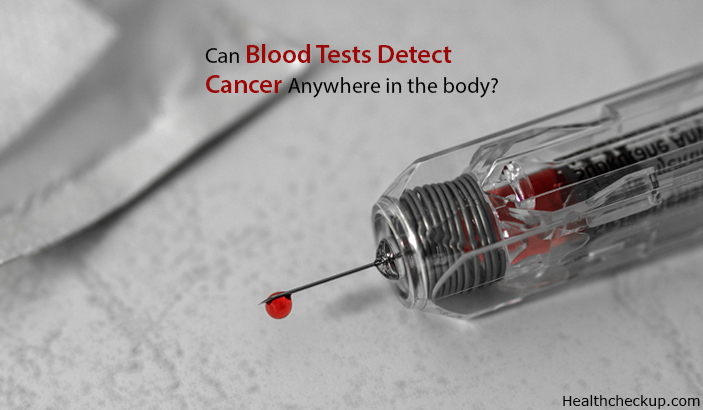Since advancement in diagnostic techniques, cancer detection is increased. Amongst all cancers, Lung cancer is the most common cancer affecting men and women in the United States of America. The numbers are almost similar in other countries also, like in India.
Initially, it was considered to be a cancer of old age (above 60 years) but nowadays, lung cancer is very common in the age group of 30-40 years. Earlier it was believed to be more common in males but now females are equally vulnerable to Lung cancer due to biomass exposure and the rising trend of smoking in females.
Causes of Lung Cancer
- Smoking is by far the most common cause of developing Lung cancer. It is also the independent risk factor for lung cancer development. Not only active smokers (the person who smokes directly) but passive smokers (the person who don’t smoke directly but inhale smoke indirectly) are also vulnerable to develop lung cancer. Female smokers are more prone to lung cancer when compared to non-smoker females.
- Workplace exposure of certain chemicals like uranium, arsenic, radon, vinyl chloride, coal particles, nickel chromate, mustard particles etc can also cause lung cancer on chronic persistent exposure.
- Air pollution is also an important cause for lung cancer in non-smokers.
- Genetics also play important role in lung cancer development. This cancer runs in family because of Genetic expressions. So chances of lung cancer are high if a person is a smoker and has a family history of lung cancer.
- Certain types of chronic lung infections like Tuberculosis, Chronic pneumonia, fungal infection can lead to lung cancer in old age.
[Read – Lung Pain After You Stop Smoking]
Types of Lung Cancer
It is mainly divided into two types
- Small Cell Lung Cancer (SCLC) – Less common
- Non Small Cell Lung Cancer (NSCLC) – More common
This is further divided into
- Squamous Cell Carcinoma: Commonest
- Adenocarcinoma: 2nd most common
- Large Cell Carcinoma
- Adenosquamous Carcinoma
- Undifferentiated Carcinoma
How Does Lung Cancer Affect The Body?
Lung cancer starts with a change in the mucosal lining of the bronchus. This change is because of the constant exposure of the above-mentioned substances. Chronic exposure will ultimately lead to metaplasia followed by dysplasia followed by malignant nodule formation followed by malignant mass formation followed by metastases in lung, lymph nodes and other body parts like the liver, brain, bones etc.
In Stage 1 and Stage 2
So in initial stages (stage 1 and 2), lung cancer affects Lungs only. But in stage 3 and stage 4, it affects other organs and lymph nodes also. So symptoms also depend on the Stage of Lung cancer.
The most common symptom is a cough. In the initial stages, a cough is dry and not associated with chest pain. This is often neglected as smoker’s cough. So it is very difficult to find lung cancer patients in stage 1.
Gradually tumor grows and causes intrinsic as well as extrinsic compression. So symptoms will also be increased. In stage 2, the patient shows symptoms of more intense cough with expectoration, hemoptysis (blood in sputum), chest pain on coughing, wheezing, breathing difficulty, weight loss, weakness, anorexia, decreased appetite.
In Stage 3 and Stage 4
A tumor further increases in size and now is able to spread outside the lungs in stage 3 and 4. So symptoms are also more pronounced now. Majority of Lung cancer patients presented in stage 3 and stage 4 because patients are very much symptomatic and have to seek medical attention. In these stages, the patient has continuous coughing even at night with more hemoptysis and worsening chest pain. Along with chest pain, in terminal stages, lung cancer affects breathing a lot. Perhaps this is the symptom which brings the patient to the doctor.
Breathing difficulty is seen during sleep, resting, minimal exertion etc. Breathing is also associated with wheezing. If brain Mets are there then the patient will have a headache and vomiting. If Liver Mets are there then the patient will have dull right hypochondriac pain, jaundice etc. If Bone Mets are present then the patient will have a severe backache, bone pains, pathological fracture etc. The patient also develops severe anorexia, loss of appetite and hence severe weight loss and cachexia.
Investigations In Lung Cancer
Chest X-Ray
Chest X-ray is the primary investigation. It should be done as screening for lung cancers in all smokers above 40 years of age.
CT Thorax With Contrast
This will guide about the exact size of Tumor, local spread, metastatic Lymphadenopathy or distal Mets present or not.
CT Guided Biopsy
All peripheral lesions should undergo CT guided biopsy to confirm lung cancer also to identify the type of lung cancer.
Bronchoscopy
Bronchoscopy is indicated in Central lung cancers. BAL (bronchoalveolar lavage) and Bronchoscopic Lung Biopsy are needed for the diagnosis.
PET Scan
PFT (Pulmonary Function Test)
Lung cancer causes decline in lung functions and this can be calculated by doing PFT studies.
Fine Needle Aspiration Cytology (FNAC) From Cervical Lymph Node
If enlarged cervical lymphnodes are palpable, FNAC is advised.
Thoracocentesis
This is aspiration of pleural fluid. If lung cancer involves pleura, it will cause pleural effusion and in that case, thoracocentesis is needed.
Treatment Options
- Surgical removal (lobectomy or pneumonectomy) in stage 1 and 2.
- Palliative chemotherapy and radiotherapy in stage 3 and 4.
Prevention Of Lung Cancer
- This is the most important aspect of lung cancer. Smoking cessation should be done in all smokers. This single step can prevent 90% of lung cancers.
- Regular annual screening by chest x-ray should be done in all smokers and workers who are working in the noxious environment.
- Regular Pulmonary Function Tests are also needed in such workers to identify any decline in lung functions.
Medically Reviewed By

Dr. Kaushal M Bhavsar pursued his MD in Pulmonology. He is an Assistant Professor in Pulmonary Medicine, GMERS Medical College, Ahmedabad








